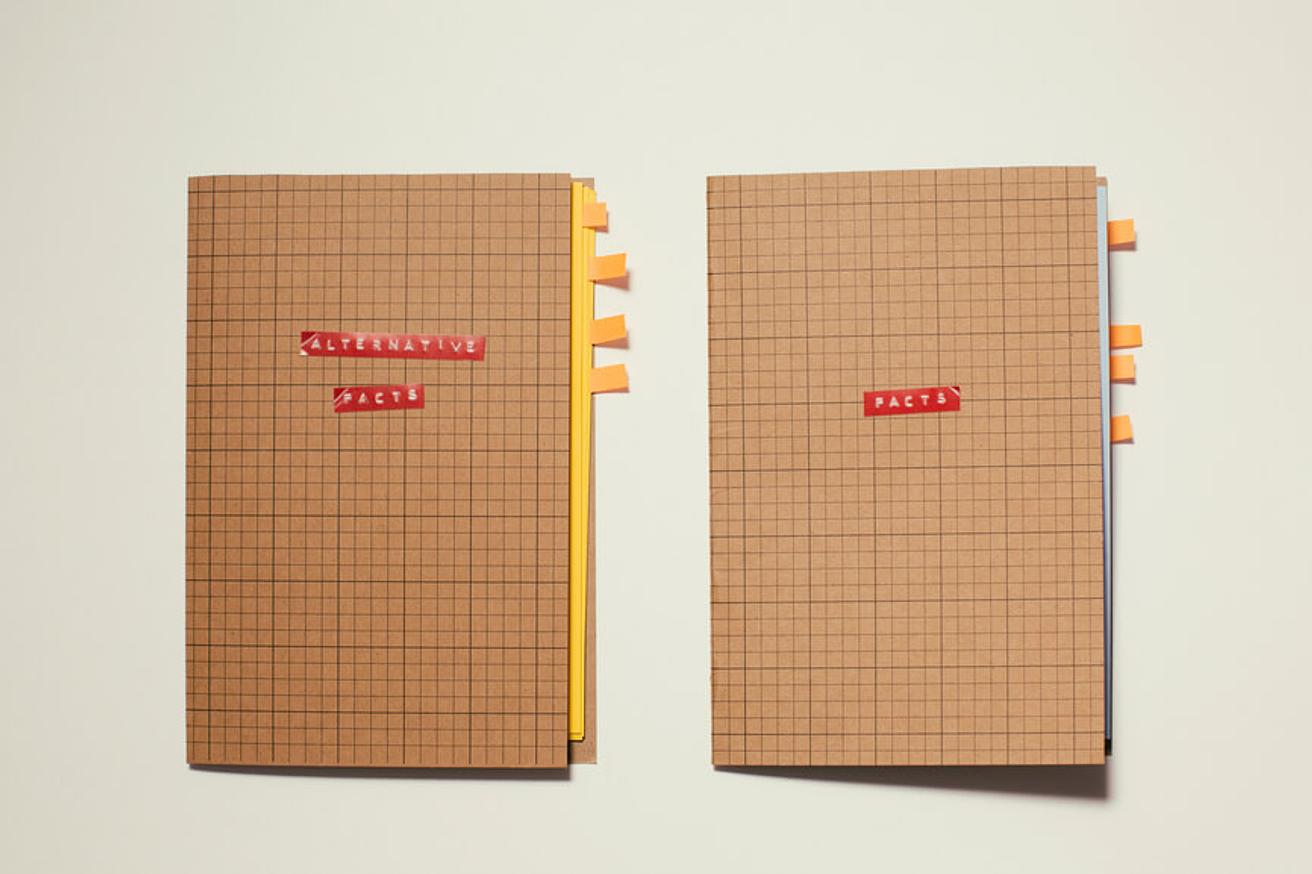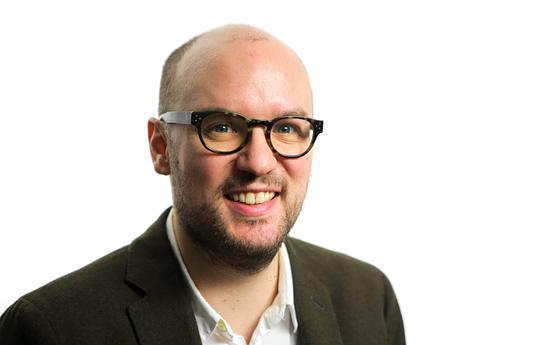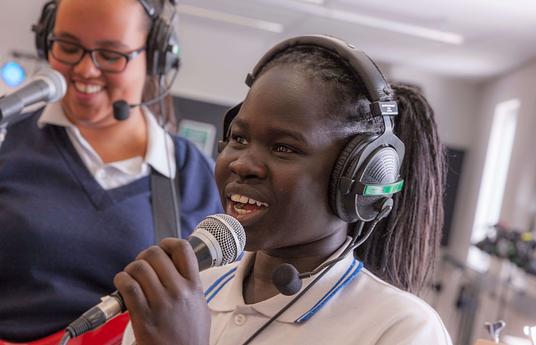The devaluation of the arts and humanities are everywhere. Whereas people are happy to fork out for the latest version of the iPhone or Samsung, we’ve become used to anything creative being available for free. Music can be streamed without paying, TV shows and films are easily findable illegally online, and though many won’t think twice about picking up a coffee everyday, books, cinema tickets or theatre trips are seen as expensive luxuries.
These attitudes filter into educational policies too. Parliamentary ministers are quick to place importance on ‘new skills’ in technology and STEM which forces teachers to focus their attention away from the arts and humanities.
This is a dangerous game to play. Though the societal values that the arts and humanities offer are quieter and therefore seem less pressing, we are nothing without them. The humanities are where we discover what it is to be human and where we make sense of life. They allow us to be critical thinkers and to go against the dominating power of societies where we are seen purely as commodities.
By devaluing the arts, we are allowing fake news to rule our world which is a terrifying prospect.
"
Whereas these old subjects may not be seen as relevant anymore compared to the shiny new world created by Silicon Valley, they are more vital than ever. With the rise of the internet, there is more content to critique, and the sources are becoming increasingly unreliable.
Mark Londesborough, Associate Director of Creative Learning and Development at the RSA in London, explains, ‘Children will also need to be better judges of the knowledge and information they’re presented with. They are flooded with information sources, if they want the answer to something, it’s in their pocket. But they will need to know whether the answer they get is right, or know who’s providing the answer, or whether there’s another answer that might be possible.’
Humanities subjects such as History and Literature educate students to understand that sources aren’t always reliable and to read underneath the words and images they’re presented with. Never has it been more pivotal for young people to be able to question what they’re reading, listening to or watching.
Fake news is only going to get worse. Technology developments are already enabling videos to be expertly edited so that anyone can be shown on video saying anything. The line between reality and fiction is growing ever smaller. Even the creation of the term ‘alternative facts’ indicates how the definition of what is fact and what isn’t has been redefined.
Fake news and the value we place on the arts are on a see-saw together, as one goes down the other goes up, they are inextricably linked. By devaluing the arts, we are allowing fake news to rule our world which is a terrifying prospect.
If we’re not careful, we could find ourselves in that movie trope where the experts are warning us against certain decisions, the government ignores them resulting in a huge calamity, only to be saved by a hero at the last moment. Let’s not rely on a hero showing up in the nick of time and instead ensure our education focuses on all the key skills the next generation needs, including intelligent critical thinkers.




